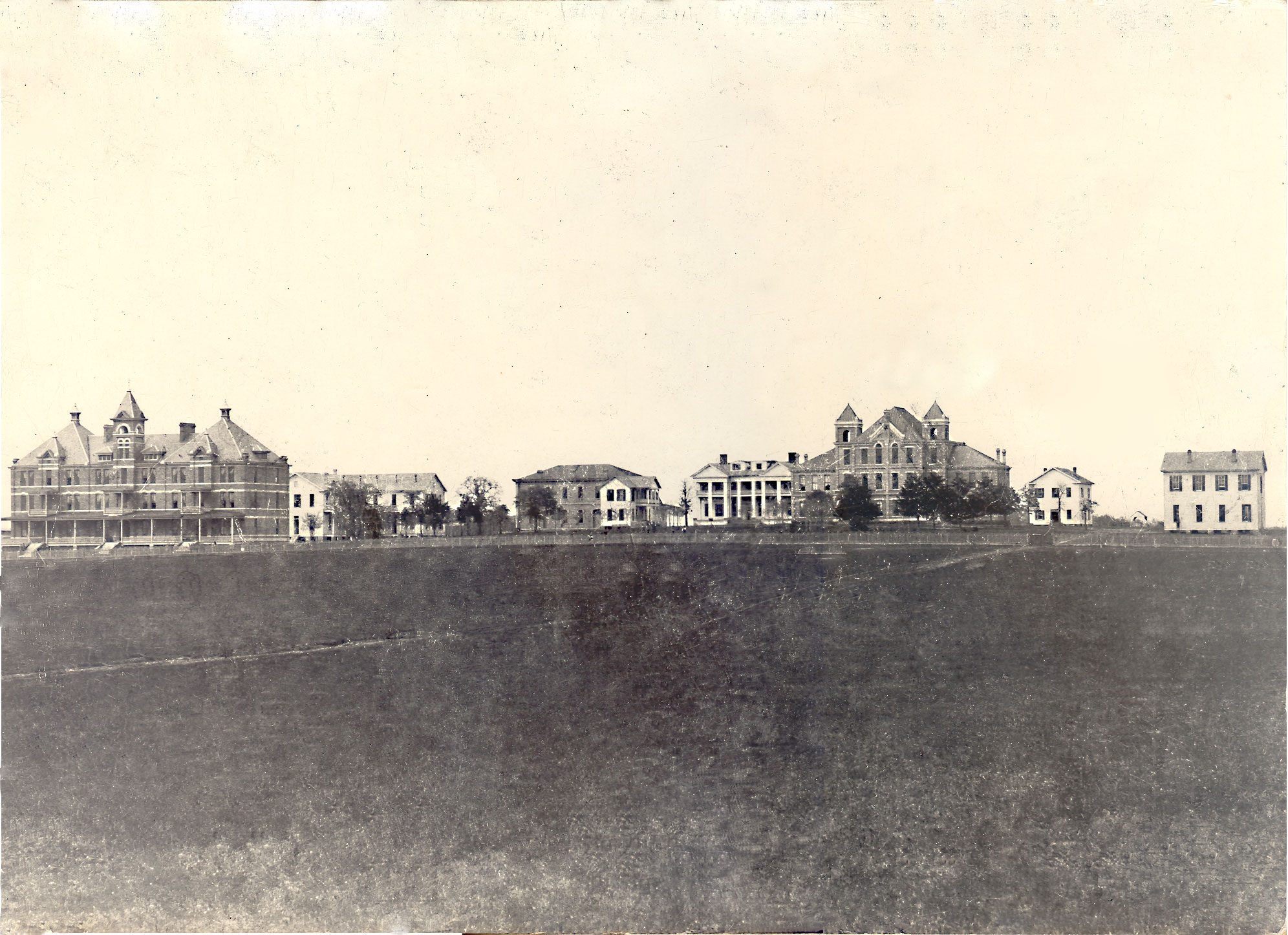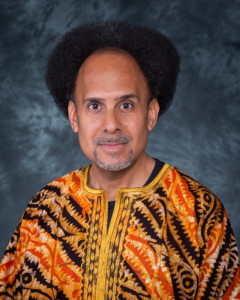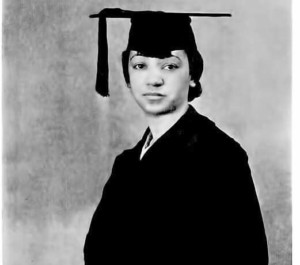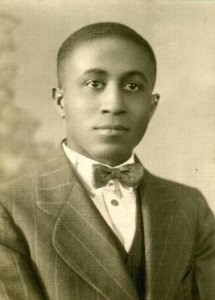PRAIRIE VIEW, Texas (August 17, 2021) – Prairie View A&M University (PVAMU) has a special name among its faculty, students and alumni – “The Hill.” It got this nickname because it’s said to be the highest elevation point in Waller County, the county in which it resides. And, as PVAMU celebrates the 145th anniversary of its founding this summer, two of its professors have set out to reflect on how “The Hill,” and everything it stands for, reveal a spirit of persistence, determination and history, as told through collected stories and articles by a variety of authors.
William Hoston, a political science professor and director of the Mellon Center for Faculty Excellence, and history professor Will Guzmán are currently working on “‘The Hill’ We Climbed: A History of Prairie View A&M University.”
“Over many months of talks, Dr. Hoston and I knew that we needed to work on a project that would appreciate the history of PVAMU and answer the lack of contemporary sources that summarize its rich legacy,” Guzmán said. “It was clear that a book was needed and concluded we should bring it to life. We were inspired by asking, ‘how can we honor the many graduates and traditions that have been influenced by PVAMU?’ By editing a book that brings together writers who will speak to the university’s past with reverence.”
The book will trace the history of PVAMU and its many facets. Guzmán and Hoston’s outreach for author submissions includes former students who fondly recall specific aspects of the campus community and traditions and cultural norms of academics, intellectual inspirations, noteworthy lectures and professors’ mentoring. Woven throughout the volume will be stories of committed staff and administrators instilling a sense of excellence, the pride of homecoming, sports, and sorority and fraternity life.
“This book intends to bring together these multiple layers for posterity and document how beautiful we really are,” Guzmán said. He also noted that this manuscript would be an important piece of writing for each person who has a tie to PVAMU to read, especially new students.
“It’s easy to overlook and take for granted the importance and legacy of the university,” said Guzmán, who teaches Black history classes at PVAMU. Beginning in the fall of 2022, he will also serve as program coordinator of the African American Studies Program and director of the Mellon-funded African American Studies Initiative. “We intend to remind readers what PVAMU has done in the past and why its presence is still necessary.”
Hoston added they have a vision for this book to foster a “trickle-down-effect to recruit, retain and matriculate students to Historically Black Colleges and Universities (HBCUs) whose parents are not alumni.”
“A cosmic shift in people’s views of HBCU’s, outside of those who know the importance and legacy of these institutions, is happening. We want our book to complement this shift,” he said.
Hoston and Guzmán expect this book’s publication and subsequent inclusion in libraries, archives and PVAMU’s curriculum to prompt conversations about important cultural and societal issues facing students, faculty and alumni at HBCUs. PVAMU is a leading voice in the continuation of this discussion in Texas, and this book will add to the discourse.
“Despite the obstacles: disproportionate and lack of funding, structural racism, societal discrimination, political marginalization, racial violence and so much more – we have not only survived, but thrived. PVAMU has a spirit of ‘we can do it, we shall do it, we will do it,’” Guzmán said.
Although researching university and college histories is a new field for Hoston and Guzmán, PVAMU has long been an important part of the area’s history and the development of HBCUs, Texas Black life and higher education.
“Many of the leaders who have made a tremendous impact in their various fields, to include education, agriculture, politics, business, engineering, military officers, science and technology, received their start and training from PVAMU. For example, in 1933, Dr. Inez Beverly Prosser, a 1913 PVAMU graduate, became the first African American woman to complete a Ph.D. in Psychology. And the same year, Dr. Mark Hanna Watkins, a 1926 PVAMU graduate, became the first African American to earn Ph.D. in Anthropology,” Guzmán said. “That speaks volumes to the education and preparation obtained at this great school.”
Guzmán and Hoston assert this book will help readers understand PVAMU’s place in these fields and leadership.
“When you look at the Black middle-class in this state over the past 145-years, PVAMU has had a tremendous influence in the growth of this group—a ‘Talented Tenth’ if you will—whose role has been to not only lead the race but, more importantly, have a commitment to political activism, community engagement and racial uplift,” Guzmán said.
Part of this goal is continuing to recognize how that leadership actually begins within PVAMU’s classroom walls and everywhere on campus – from admissions and academic counseling, classroom instruction to career mentorship and beyond.
“PVAMU creates an environment whereby students thrive within a culture of caring that produces graduates who make their mark on the world,” Guzmán said. “Through excellence and commitment to themselves, PVAMU students and graduates are changing the communities they live, work and lead in.”
For authors interested in submitting a proposal to this project, which will be part of the Afro-Texans series at Texas Tech University Press, email Drs. Hoston and Guzmán or visit their website, www.thehillweclimbed.com, for further details.
By Meredith Mohr
-PVAMU-





